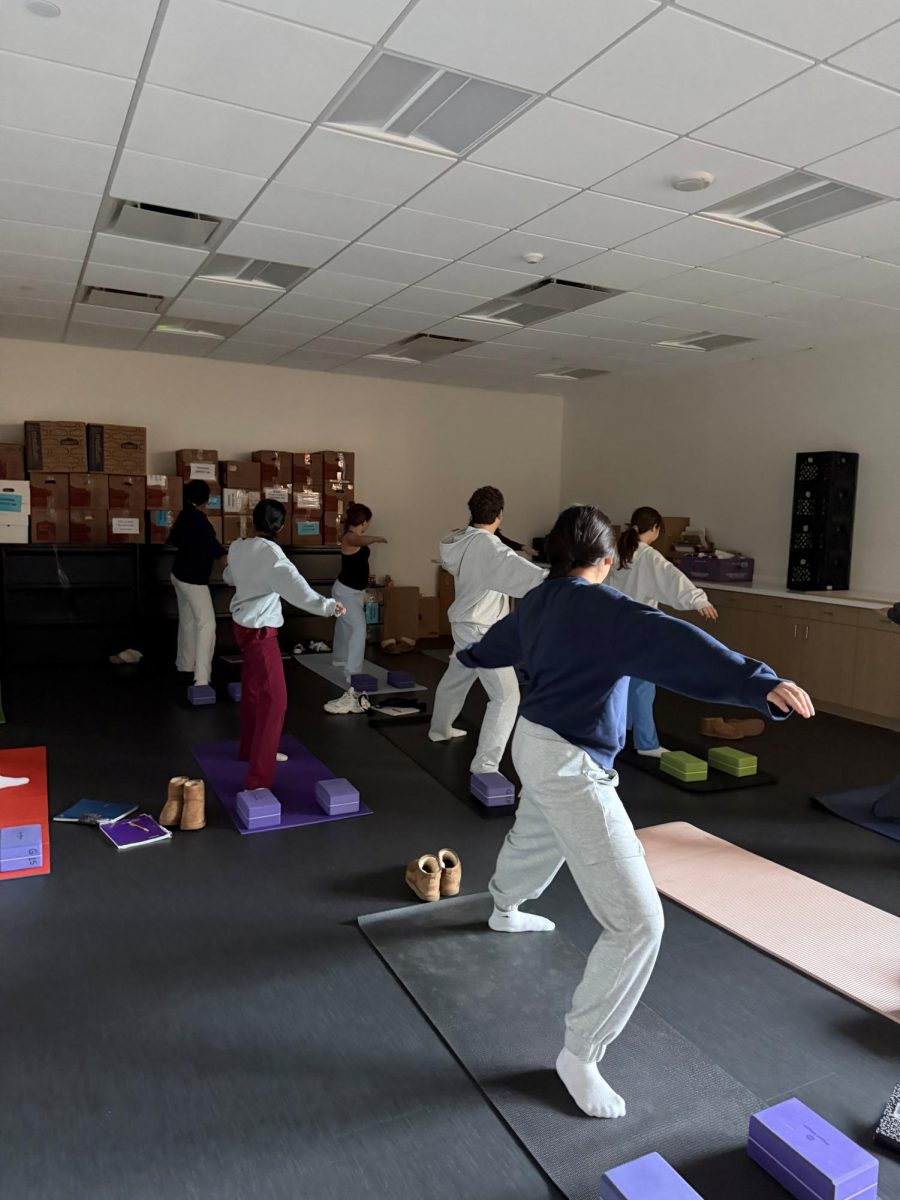As Greenhill wrapped up its first year back with mid-term exams, students across the Upper School expressed mixed feelings about the experience. While some saw the long-term benefits, others found the process overwhelming and suggested some improvements for future years.
Freshmen took four exams along with an English colloquium.
“I really do not want to go through this process every year,” freshman Saira Mamdani said. “But I know in the long run and for colleges that it is going to be really helpful.”
Mamdani says the exams helped her identify what study habits were effective and which she plans to refine in future years.
For sophomores, this was their first experience with cumulative exams and some say they felt unprepared.
“It was hard figuring out how to study and manage time for each subject,” sophomore Briana Solomon said. “Especially since this was our first year taking exams.”
Solomon expressed a desire for more structured preparation and clearer guidelines in the days leading up to testing.
Sophomore August Nguyen, who took six exams, appreciated the review time provided but felt that coursework should have been adjusted accordingly.
“I like how there was a lot of time set aside that was around a week before the finals to study and review,” Nguyen said. “But I felt like when all the summative work ceased, the formatives and other homework should have too.”
Despite the challenges, Nguyen saw an advantage in having exams in February, allowing her to receive feedback before all her AP exams in May.
Juniors faced an say exams placed an added layer of stress as they balanced exams with an already rigorous academic year.
“All my teachers were super approachable and helpful with certain subjects I was studying,” junior Dylan Considine said. “I feel like they could have taught us how to study better since most of us have never taken exams like this.”
Considine, like many students, also questioned the weight of the exams on final grades.
“I do feel like it was a big part of our grade, and I felt like maybe it should have been worth less since it is the first year we are implementing exams,” Considine said.
Junior Benjy Beckman shared key takeaways from a recent student council discussion, highlighting concerns about the timing and structure of exams.
“We talked about how this is a very weird time of year to have exams because it interfered with other activities on campus, like debate tournaments,” Beckman said.
However, seniors had a different perspective, as many say they felt less pressure tied to their second-semester grades.
“It was nice to experience taking a long cumulative exam since it will prepare me for finals in college,” senior Juan Orozco said. “I think this year was a good basis for exams moving forward.”
Additionally, students raised concerns about inconsistencies in exam difficulty across classes and the school’s late efforts to prepare students to take the exams.
Another issue expressed involved the testing environment, with some students pointing out that a single proctor overseeing multiple classrooms led to instances of academic dishonesty.
“The classes were too spread out [and] teachers had to go across the school,” Beckman said. “It was hard to get questions answered.”
Looking ahead, students expressed hope for a smoother experience in the coming years.
“I hope that moving forward the exams are more effective and a less stressful experience overall,” Considine said.


